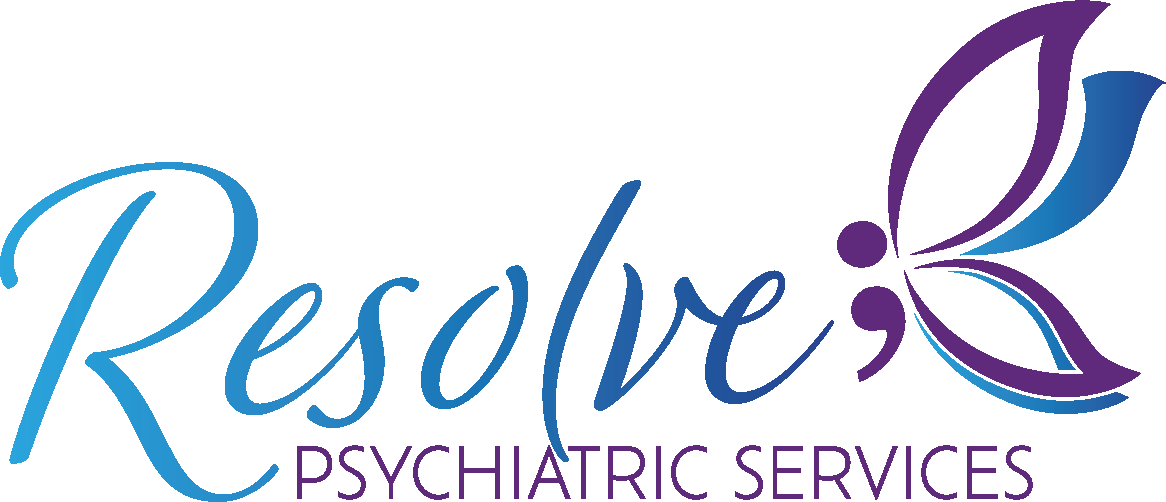
Introduction
In today’s fast-paced world, the workplace can be challenging for many individuals. With increasing demands, tight deadlines, and high expectations, it’s no wonder that mental health issues, particularly depression, are becoming more prevalent in the workplace. As an employee or employer, it’s essential to recognize the signs of depression and take proactive steps to manage mental health. This comprehensive guide by a depression and anxiety psychiatrist near me will explore the impact of depression in the workplace, discuss strategies for managing mental health, and provide practical tips for creating a supportive work environment.
Strategies for Managing Mental Health in the Workplace
Self-Care and Stress Management
Taking care of your mental health is crucial for maintaining productivity and well-being at work. Implementing self-care practices and stress management techniques can help alleviate symptoms of depression and improve your mental health. Some effective strategies by a depression and anxiety psychiatrist near me include:
- Regular exercise: Physical activity can boost mood and reduce stress.
- Healthy diet: Eating a balanced diet can improve well-being and help manage depression symptoms.
- Adequate sleep: Prioritizing sleep can help regulate mood and improve cognitive function.
- Mindfulness practices: Techniques such as meditation, deep breathing, and progressive muscle relaxation can help manage stress and promote mental well-being.
- Social support: Connecting with friends, family, or support groups can provide emotional support and help manage depression symptoms.
Seeking Professional Help
If you’re struggling with depression, seeking professional help from a psychiatrist near me depression is essential. A mental health professional, such as a psychologist, psychiatrist, or depression dr near me, can provide guidance, support, and treatment options tailored to your needs. Treatment may include therapy, medication, or a combination from a female psychiatrist near me for depression.
Workplace Accommodations
If you’re experiencing depression, it’s important to communicate your needs to your employer. Many organizations offer accommodations to support employees with mental health issues. These may include:
– Flexible work hours
– Remote work options
– Additional breaks or time off
– Adjusted workload or deadlines
– Access to mental health resources or support
Creating a Supportive Work Environment
Encouraging Open Dialogue
Fostering a workplace culture that encourages open dialogue about mental health can help reduce stigma and promote understanding. Employers can facilitate conversations by providing resources, hosting workshops, or inviting mental health professionals to discuss depression and other mental health issues.
Providing Mental Health Resources
Employers can support employees’ mental health by providing access to resources such as Employee Assistance Programs (EAPs), mental health hotlines, or online support groups. Additionally, offering mental health training for managers can help them better understand and support employees experiencing depression.
Promoting Work-Life Balance
Encouraging a healthy work-life balance can help prevent burnout and support employees’ mental health. Employers can promote work-life balance by:
– Setting realistic expectations and deadlines
– Encouraging employees to take breaks and use their vacation time
– Offering flexible work arrangements
– Providing opportunities for professional development and growth
Conclusion
Depression in the workplace is a significant issue that affects both employees and employers. By understanding the signs of depression, implementing self-care practices, and fostering a supportive work environment, individuals and organizations can effectively manage mental health on the job. Remember, mental health is just as important as physical health. Taking proactive steps to address depression in the workplace can lead to happier, healthier, and more productive employees.







